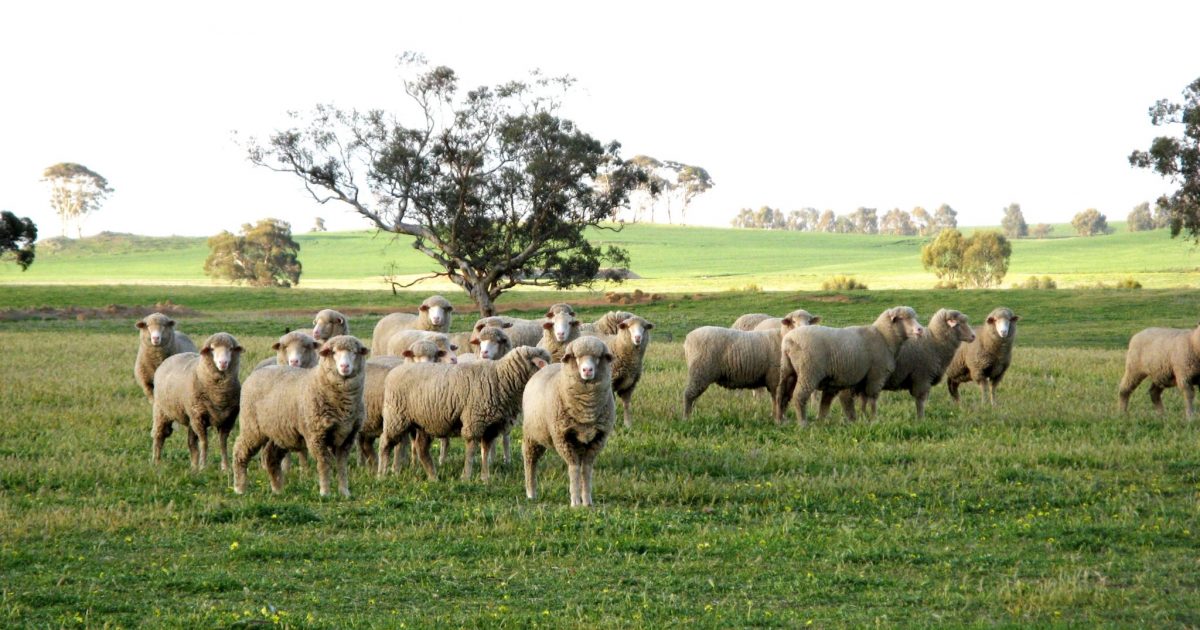The Department of Primary Industries and Regional Development is warning producers that recent rain in many areas of the South West of Western Australia will increase the likelihood of cobalt deficiency in livestock this spring.
Department veterinary officer Anna Erickson, based in Narrogin, said the occurrence of cobalt deficiency varied significantly year on year.
“Higher rainfall areas expect cobalt deficiency in most years, but in other areas it doesn’t occur every spring,” Dr Erickson said.
“The highest risk occurs in years where there has been late winter rainfall and a soft finish, resulting in good spring grass growth.
“It is most common in deep sandy soils. Poorly drained soils are at lower risk.
“The livestock most at risk of cobalt deficiency are weaners in both sheep and cattle as they have the highest demand for cobalt while they are growing. Sheep tend to be at higher risk than cattle but it can occur in both species.”
Dr Erickson said the typical signs of cobalt deficiency included ill-thrift, weepy eyes, scabby ears, anaemia and in severe cases, death.
“The classic scenario for cobalt deficiency is ill-thrift in weaners despite good worm control and plenty of green feed. If you are seeing these signs and you know parasite control is good, then ask your private vet to check for cobalt deficiency with a blood test,” she said.
“There are a variety of options for treating cobalt deficiency, including B12 injections and pasture dressing with cobalt.
“Contact your private vet for advice or see the cobalt deficiency in sheep and cattlewebpage on the department website at agric.wa.gov.au.
“If you see unusual disease signs or multiple deaths in your stock, protect your industry by calling your private or local department vet, or the Emergency Animal Disease hotline on 1800 675 888.
“Vets can investigate to rule out exotic diseases that could affect WA’s ability to sell livestock. Data from these investigations are used as part of our proof of freedom from specific livestock diseases.”
To contact your local Department vet, go to the Livestock Biosecurity contacts pageon the department website.


